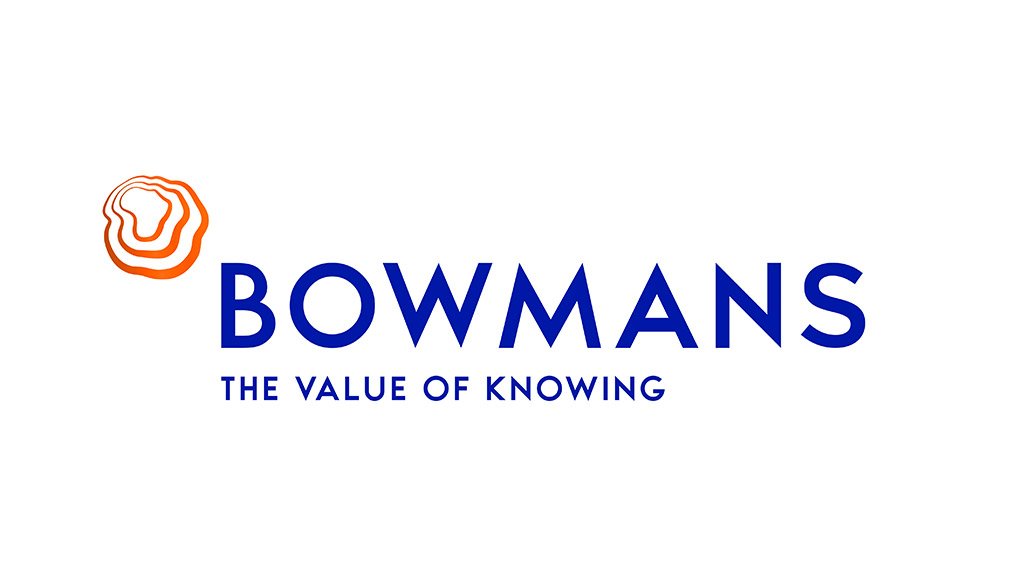Yesterday, the Department of Basic Education announced that the usual practice of publishing matric results on media platforms will not take place for the 2021 results, because the dissemination of learners’ personal information would be in contravention of the Protection of Personal Information Act (POPIA).
But what is the legal position under POPIA? And will POPIA apply to the publication of the matric results?
Before 2014, matric results were published displaying each learner’s name. In an effort to protect the identities of learners, from 2014 onwards, matric results were published displaying only the learner’s identity number or examination number without displaying the learner’s name. It has been argued that a learner’s examination number would not constitute personal information because by removing the learner’s name, the public would not know to which individual learner the marks in question relate.
For purposes of POPIA, personal information is information relating to an identifiable, living natural person, and where applicable, an existing juristic person. It expressly includes an individual’s educational history, an individual’s name if it appears with other personal information, an individual’s identity number and any other identifying symbol, such as an examination number.
POPIA regulates the processing (i.e. dissemination, sharing, transferring etc.) of personal information. POPIA will not, however, apply to the processing of personal information in circumstances where, amongst other things, the personal information has been sufficiently de-identified. This means that the information that identifies an individual, or can be used, manipulated or linked by reasonably foreseeable methods to identify the individual, has been deleted. For example, where a school advises that 90% of its teachers are vaccinated, and the information identifying the individual teachers, such as their names or identity numbers have been deleted, it may not be reasonably possible to use the percentage provided to identify which teachers have, or have not, been vaccinated.
The question is then whether one can use the learner’s examination number to identify the learner? For certain individuals, the answer will be ‘yes’. The Department, the respective schools and potentially, some family members of the learner concerned would be able to link the examination number to the particular learner. Members of the public, who are unrelated to the Department, the school concerned or the learner, would however in all likelihood not be able to link the examination number to the learner concerned.
The processing of personal information under POPIA
In terms of POPIA, personal information may only be processed on limited justifiable grounds. These grounds include where (i) the processing is necessary to comply with an obligation imposed by law, (iii) the processing protects a legitimate interest of the individual concerned; or (iii) the individual consents to the processing.
Whilst the National Schools Act together with the National Protocol on Assessment prohibits the withholding of results for any reason whatsoever, there does not appear to be a legal obligation on the Department to make the matric results publicly available.
Further, whilst there may be an argument that the publication of the matric results may be in the legitimate interest of the learners who are unable to attend their schools to obtain their results, this may only apply to a small portion of the learners concerned. In the circumstances, the Department is likely to require the consent of each learner to make their matric results publicly available. It is for this reason that the Department has advised that all learners will be required to obtain a statement of their results from the schools they attended.
The processing of personal information of children
Insofar as learners are below the age of 18, they will be regarded as ‘children’ for purposes of POPIA. POPIA affords additional protection to the processing of personal information of children. In this regard, there is a general prohibition on the processing of children’s personal information, unless, for example, the processing is carried out with the prior consent of the child’s legal guardian.
The personal information of children may also be processed if it is for historical, statistical or research purposes, to the extent that the purpose serves a public interest, and it would not be reasonably possible to obtain consent. It may be in the public interest to, for example, publish the total pass rate of learners or the average of the results relating to specific subjects or provinces. It may be difficult to argue, however, that the purpose of publication of each learners’ matric results would serve a public interest.
Acknowledging top achievers
It is common practice for the Department, schools and media to acknowledge the top achievers. This ordinarily takes the form of publishing the names, results and photographs of the learners concerned. When doing so, one will need to comply with the provisions of POPIA and obtain the consent of the learner, or guardian, as the case may be. This is particularly as a learner’s photograph may constitute special personal information under POPIA which is subject to additional protections.
Where a learner, however, deliberately makes his or her results and personal information publicly available, for example, by publishing it on an open social media platform, the Department, schools and media will be able to process such information on this basis.
Written by Nadine Mather, Senior Associate at Bowmans
EMAIL THIS ARTICLE SAVE THIS ARTICLE ARTICLE ENQUIRY
To subscribe email subscriptions@creamermedia.co.za or click here
To advertise email advertising@creamermedia.co.za or click here











